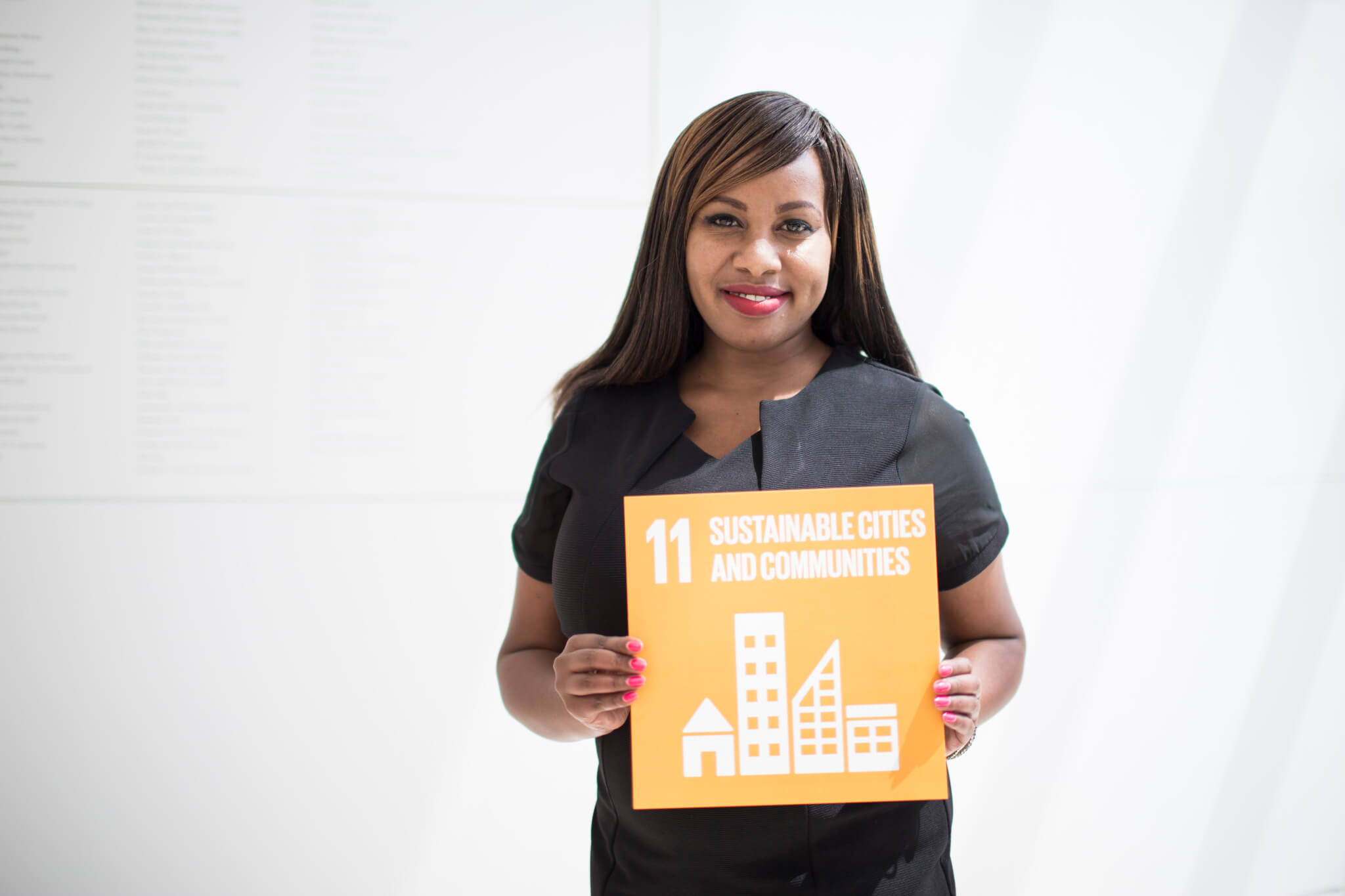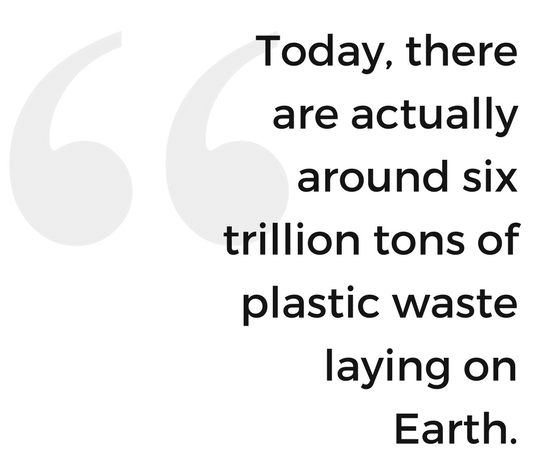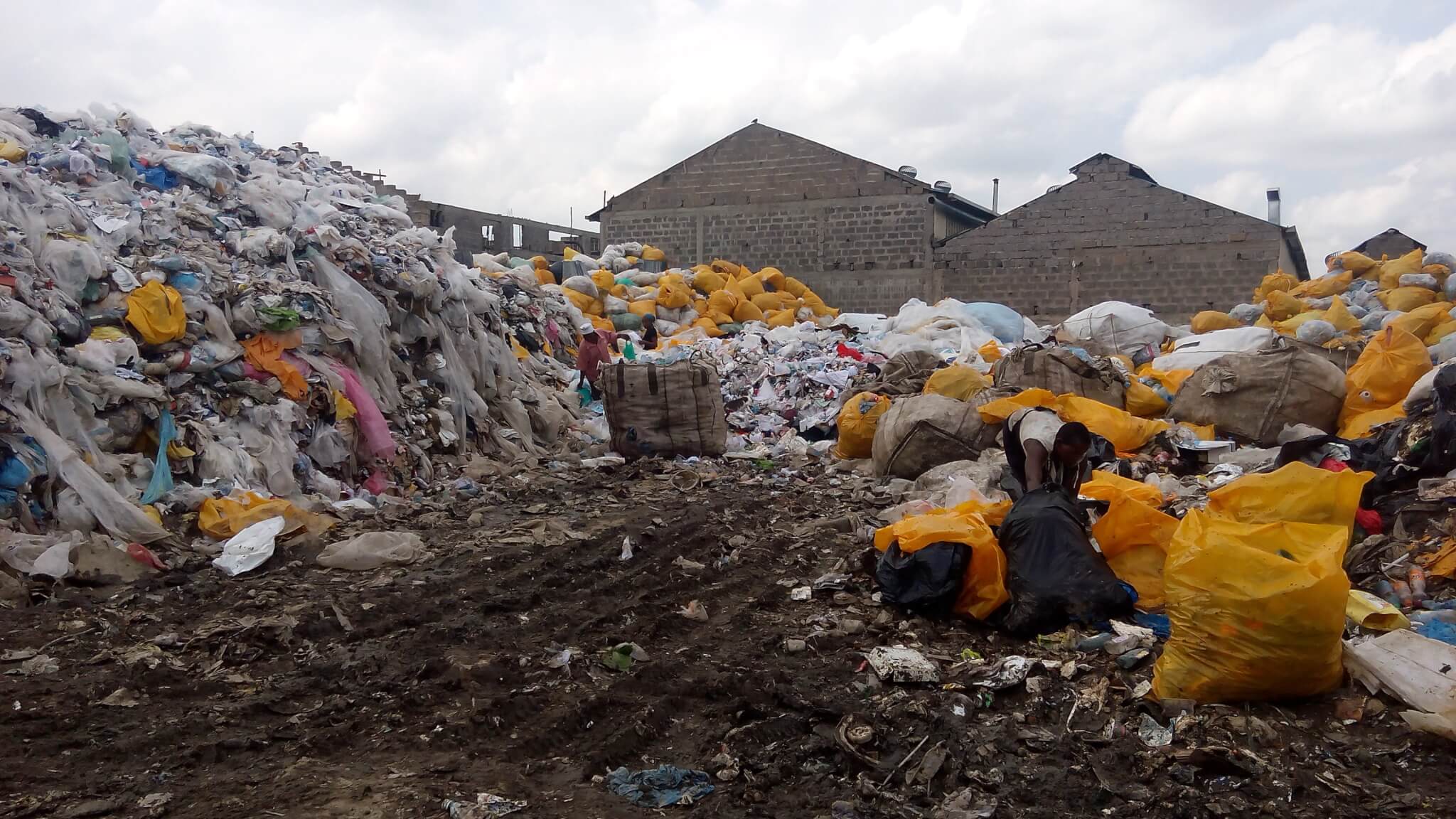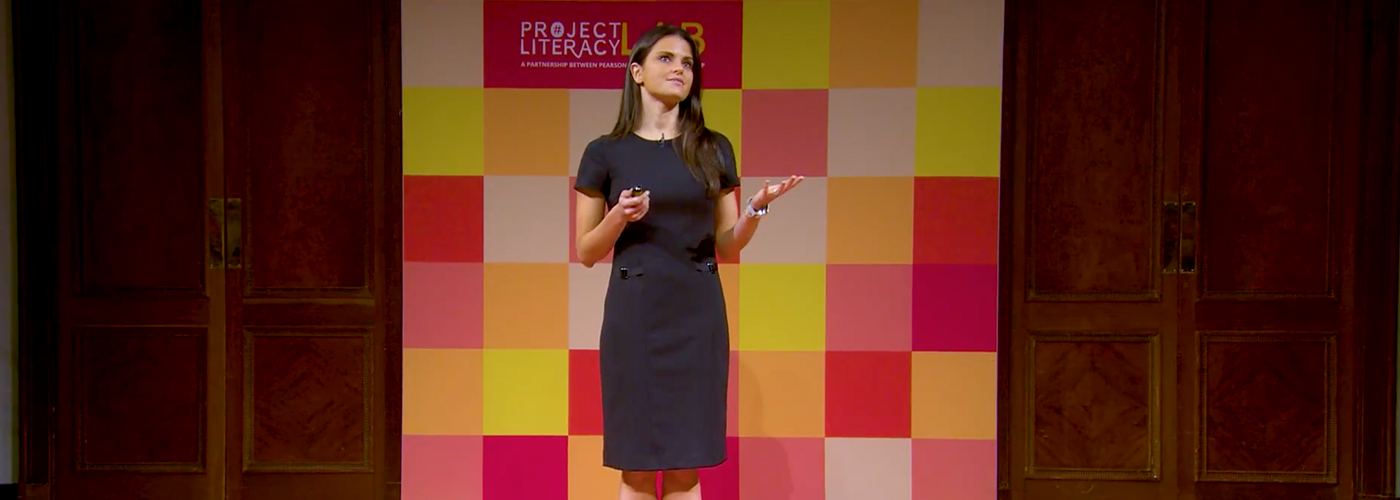 esidents of Kaptembwa may know it to be a sprawling urban slum on the southwestern outskirts of Nakuru, Kenya, but Lorna Rutto remembers when it was the forested oasis of her childhood. She recalls hot afternoons when she led her family’s cows to drink from cool ponds and streams, and dozing off to the chatter of birds and monkeys in the trees.
esidents of Kaptembwa may know it to be a sprawling urban slum on the southwestern outskirts of Nakuru, Kenya, but Lorna Rutto remembers when it was the forested oasis of her childhood. She recalls hot afternoons when she led her family’s cows to drink from cool ponds and streams, and dozing off to the chatter of birds and monkeys in the trees.
It broke her heart to see the woodlands razed due to rural-urban migration, to watch as her once beautiful home became a dirty town where waste filled the streets and overflowed into her family’s house after heavy rains. As a girl, she began collecting the plastic from Kaptembwa’s streams and melting it into ornaments that she sold to her neighbors, so arriving at a realization that altered the course of her life: that waste is not waste until wasted.
 Photo courtesy of Chet Strange.
Photo courtesy of Chet Strange.
In 2009, Rutto founded Ecopost to create a green Africa, free of poverty, by conserving forests and creating job opportunities in the process. EcoPost recycles plastic and agricultural waste to manufacture durable plastic lumber and poles used as suitable, aesthetically appealing alternatives to timber. To date, the company has saved 3,000,000 metric tones of plastic waste, created 50 direct and over 2,000 indirect jobs, and reforested 400 acres of land. And they’re just getting started.
Read the full Q&A below:
What problem are you trying to solve in the world?
 LR: Today, there are actually around six trillion tons of plastic waste laying on Earth. In Kenya, for example, over 100,000 metric tons of waste are generated daily. Twenty percent of that is plastic waste. Most of it is even thrown, littering the streets, clogging our sewers, and even encroaching into people’s homes.
LR: Today, there are actually around six trillion tons of plastic waste laying on Earth. In Kenya, for example, over 100,000 metric tons of waste are generated daily. Twenty percent of that is plastic waste. Most of it is even thrown, littering the streets, clogging our sewers, and even encroaching into people’s homes.
In addition to that, we have only six percent forest cover, as compared to 1980s, when we had far, far more. Our forests are in serious decline. This is due to the increase in human population and the fierce need for building materials. But cutting down trees is very bad for our livelihood. EcoPost is looking for a solution to prevent the cutting down of trees by manufacturing these poles and providing a suitable alternative to lumber.
While doing that, we’ve been able to create over 50 direct and over 2,000 indirect jobs. We do this by working with the youth and women groups who are now — especially in the marginalized areas — helping us to produce these profiles that are very useful for the community.
How do jobs created by EcoPost impact the lives of youth in Kenya?
LR: The jobs created are really improving the livelihoods of the youth we work with because these are people who otherwise did not have job opportunities at all. In Kenya today, there’s a very big challenge: every year, around 1 million youths enter the job market, and yet there are no job opportunities. Around 50 percent of Kenyans live below the poverty level, which is two dollars per day. The poverty situation is really bad and there are no job opportunities. Unless we do something about it, it will remain a very big problem.
What are some unexpected ways that EcoPost has made waste useful?
LR: Many sign companies are really struggling at the moment, because people cut down the strip metal used to make signposts and then sell it to metal dealers. It’s a major problem for authorities and local governments. But EcoPost is providing a suitable alternative, because when we manufacture these poles and sell that to the sign companies, they will not be stolen — they have no salvage value for vandals.
Other clients are wildlife institutes: by providing these poles to them, they are able to fence in the game reserves and prevent human-wildlife conflict. Even when huge animals like elephants walk on our poles, the poles just sway, and then they come right back up. They are very durable and strong and safe for the animals. It reduces the replacement costs that other alternative materials like concrete and metal would provide.
Lastly, we’ve also utilized our profiles to provide shelter for refugees and people in the local communities because they are more affordable as compared to timber or metal or concrete. It’s actually killing three birds with one stone.

Was there a moment in your life when you decided that you would dedicate yourself to this?
LR: I was a landlord’s daughter. I used to go and collect rent from houses, and I would see the way that people were struggling, and that there was so much poverty. When I started selling plastic ornaments to my neighbors, I saw that I could convert waste into something that improved my livelihood, and I wondered what it would be like if I could do it at scale.
 When I grew up, I started looking at ways of manufacturing plastic waste large-scale and somehow arrived at making poles, because I could use extrusion and melt a lot of plastic waste and convert it into wealth. It’s been a learning and growing process. But I’m seeing how we are improving lives and creating wealth, especially for people in marginalized areas, and I hope we can continue to work with communities to create sustainable cities and conserve our environment while doing so.
When I grew up, I started looking at ways of manufacturing plastic waste large-scale and somehow arrived at making poles, because I could use extrusion and melt a lot of plastic waste and convert it into wealth. It’s been a learning and growing process. But I’m seeing how we are improving lives and creating wealth, especially for people in marginalized areas, and I hope we can continue to work with communities to create sustainable cities and conserve our environment while doing so.
What do you hope the world will look like in five years as a result of your work?
LR: In five years, we will have much cleaner cities and we will conserve a lot of our forests. In five years, I see EcoPost creating more than 50,000 job opportunities, especially for people in marginalized areas. I also see us scaling up and replicating this same model in other places in Africa, and even outside of Africa, in the developing world, with the same socio-economic ecosystem.



